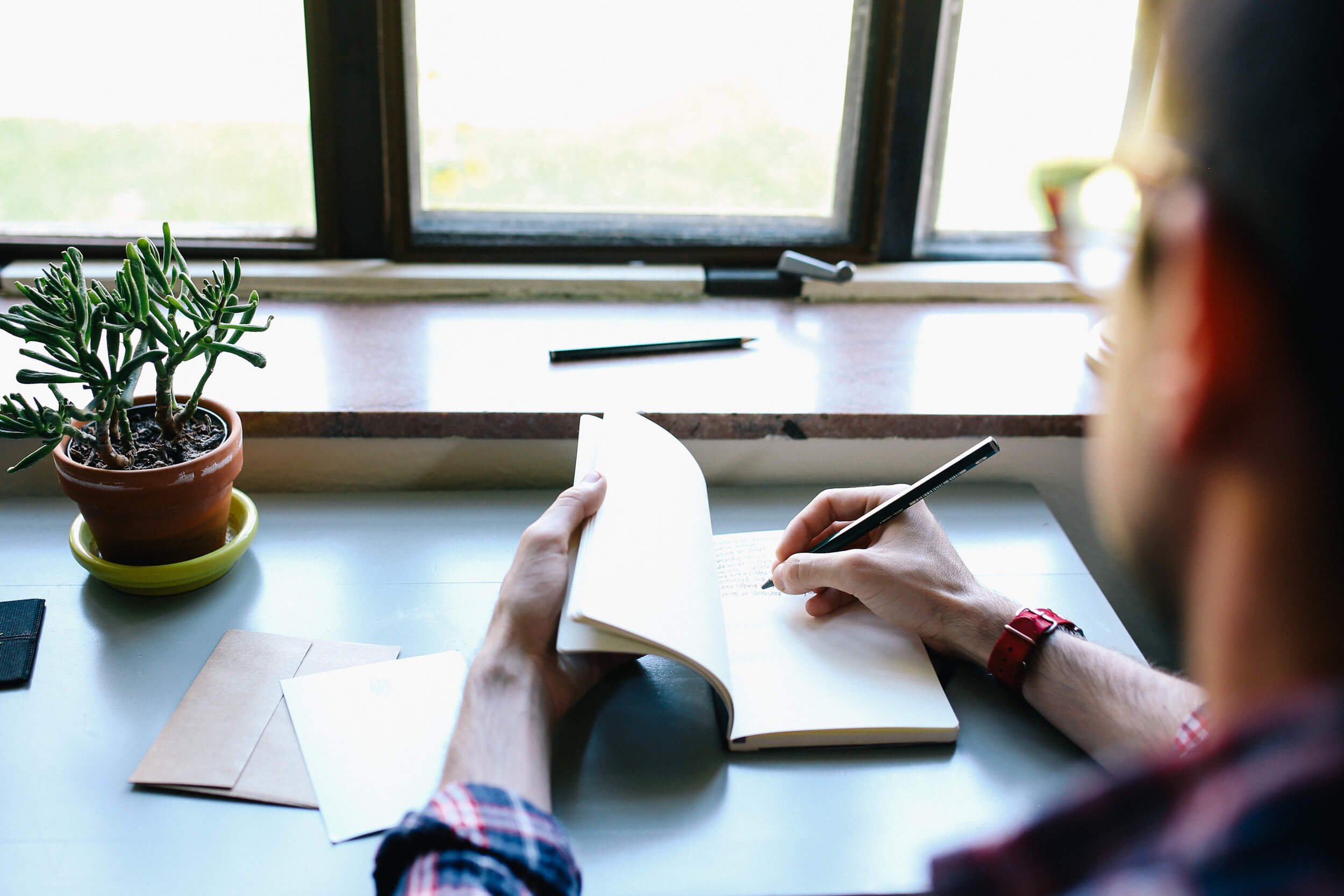How you can make the most of therapy.
/Opening the doors to 'therapy gold'...
Whether you are new to therapy or not, sometimes it can be hard to know how to get the best out of the therapy experience. This article is designed to help make that path a little bit easier. Here are some tips...
Be on time ... in fact be EARLY
Have you noticed how your therapy hour can take a while to get into on those days that you are rushing?
The more at ease we are in ourselves, the more likely we will be able to connect to the emerging parts of our experience. In therapy, when clients connect to previously elusive experiences of self...those 'aha moments'... we consider it 'therapy gold', this is where the deep understanding and shifts can happen
Depending on the therapist and the set up of the practice, if you arrive late, often your therapy hour will be cut short by that amount. It can take time to relax enough to be able to get to the 'gold'. The shorter your session, the less likely you will have time to connect to it.
Give your self time to settle before entering your therapy hour. Take advantage of those quite spaces and those cups of tea on offer. There is a reason that your waiting room has been set up this way.
Access all the resources provided
Your therapist is there to help you find your own way forward. Along the way they are likely to mention resources you can access.
Many practices will have a Facebook or other social media page, teaming with relevant and very accessible articles. Often these pages are being very specifically curated with their client base in mind. Take time to LIKE the practice social media page and keep abreast of articles they are posting.
Other practices may also have active blogs on their websites. Again take some time to seek these out and read what your therapist is writing about. The blogs are essentially bonus time with your therapist.
Leave your outside world just there...OUTSIDE
Generally our clients come to therapy because the outside world has become too much for them in some way.
With the advances of modern technology, it has become harder and harder for all of us to leave our outside world, outside. Therapy is about being with our inside world.
Once you step into the practice, turn off your phone and all other devices.
Put the to-do list and the work away, and give yourself permission to simply be there for you.
Reflect - before, during & after
Therapy is a time for reflection and making sense of our worlds
Many a therapist would say, that as much therapy happens in between sessions as it does in the hour that you are in the room
To what degree this occurs, largely depends on how much you reflect on what is happening in your life
Allow yourself time for reflection BEFORE and AFTER your therapy session.
Think about what has been going on in your life before your session. This is where having some quiet time in the waiting room can be useful.
Going straight on to a call or meetings, after you step out of the therapy room, is not recommended. Instead give yourself some buffer time, post session. Go for walk, return to the waiting room, go to a quiet cafe and reflect on what unfolded in your session.
Journal - the clients who spend time journalling as a means of reflection after and in between sessions, invariably gain a lot more depth from their therapy experience. Journaling like art making, can be way to help us make sense of our worlds.
Commit to your therapy appointments
Therapy needs momentum to be effective.
You may be busy, but at the same time you want change in your life
This will be more easily enabled if you are prepared to commit the therapy experience.
To help achieve this, often therapists will recommend you see them weekly for a time and then gradually space out your appointments as the strength of the therapeutic relationship has been established.
For many committing to a specific time and day that they attend therapy can also help strengthen the therapy experience.
Find a time for sessions that offers you both space and presence
Choose a time to attend therapy that will not require you to be rushing off to a meeting or a child's basketball practice immediately afterwards
Nor choose a time that you are likely to too tired or exhausted by the fill of the day
Therapy is hard work and needs your time and attention
Choose a therapist that is good match for you
Research consistently shows that therapy success is significantly impacted by the quality of the 'therapeutic relationship' between the client and the therapist
Do everything you can, to ensure you choose a therapist that is a good match for you
Discuss your objectives with your therapist and regularly review them to ensure you are both still on track
Make space for an ending to your work
Unfortunately this is often a critical part of the work that is missed.
Therapy can be a process of opening and understanding.
Therapy can also be a reformulation of experiences around endings, particularly in relationships - both how you are treated and how you are experienced by others, in relationships
If you are feeling that you are reaching a place of finishing your therapy, speak about it - your therapist is likely thinking along a similar line
To really honour yourself and the therapy you have done, work with your therapist to make space and time to bring the process to a close.
This can be quite a life changing step for many clients.
When our door to therapy has been closed with care and consideration, there can be great ease in knowing we can safely re-open it again at anytime in the future.
Wishing you all the best in your therapy journey and your endeavour to open the door to 'therapy gold'.
To determine whether one of our therapists at The Grove might be a good fit for you, BOOK here for a FREE 20 min CONSULT today.
(Bringing mindfulness to much of her work, Sarah Sacks is a Wholebody Focusing Oriented Therapist, practicing from The Grove Counselling & Therapy in St Kilda Melbourne 03-9532-4567. Taking a holistic approach to both individual and couples counseling, Sarah works to empower her clients to find greater ease and richness in life.)






